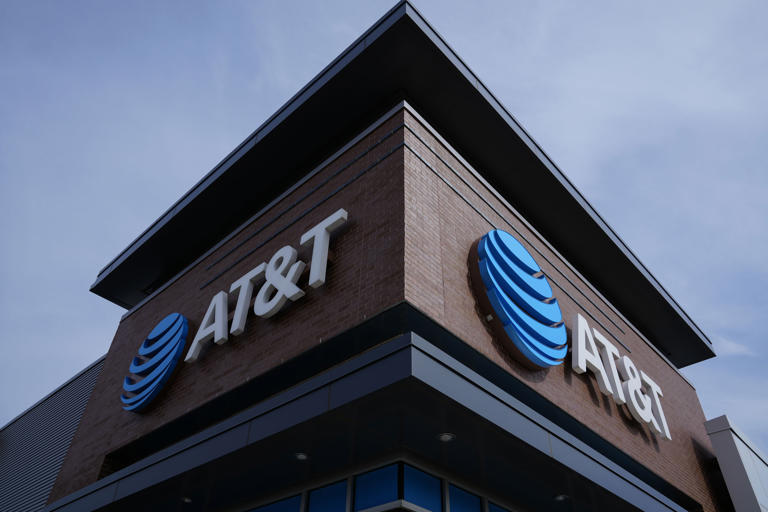The recent disclosure by AT&T regarding a significant data breach affecting nearly all its wireless customers has reverberated across the technology and telecommunications sectors, highlighting profound concerns about consumer privacy and data security. According to AT&T’s securities filing, the breach involved the compromise of sensitive information detailing phone contacts for over 100 million customers. This included comprehensive data on numbers dialed or texted, along with the frequency and durations of these interactions, spanning from May 1 to October 31, 2022, and encompassing one day in January 2023.
While the breach did not expose customer names or the content of communications, the sheer breadth of the compromised data poses alarming risks. By providing detailed insights into calling patterns and relationships, the breach could potentially facilitate sophisticated impersonation schemes or targeted phishing attacks. For instance, armed with knowledge of frequent contacts, malicious actors could exploit these connections to impersonate trusted individuals, thereby tricking victims into divulging sensitive information such as passwords or financial details.
Moreover, the breach also included data concerning the locations of cell towers used by an undisclosed number of customers, further compromising the privacy and security of affected individuals by potentially revealing their physical whereabouts. This aspect of the breach raises serious concerns about the misuse of location data for stalking or targeting individuals in sensitive or high-risk professions.
Beyond individual privacy implications, experts warn of broader national security risks. The compromised data could feasibly be exploited by foreign intelligence agencies or malicious actors seeking to identify and target government officials, security-cleared personnel, or individuals involved in sensitive professions who rely on AT&T’s telecommunications services. Such targeting could undermine national security efforts by exposing the private communications and network interactions of those tasked with protecting sensitive information or maintaining public safety.
AT&T has indicated that the breach originated from unauthorized access to one of its accounts hosted on Snowflake, a major but low-profile cloud data storage provider. This incident underscores ongoing concerns about cloud security, particularly regarding the adequacy of safeguards such as multifactor authentication, which are crucial for protecting against unauthorized access and data breaches in cloud environments.
In response to the breach, AT&T has committed to notifying affected customers promptly and providing them with resources to help mitigate potential risks to their personal information. The company has also cooperated closely with law enforcement agencies, including the FBI, underlining the seriousness of the incident in terms of its potential national security implications.
Privacy advocates have drawn attention to the contrasting security features offered by encrypted messaging applications like WhatsApp and Signal, which employ end-to-end encryption to protect message contents from unauthorized access. They emphasize the importance of consumer awareness and the adoption of secure communication practices to mitigate risks associated with traditional SMS and voice telephony services, which are inherently more vulnerable to interception and exploitation.
Overall, the AT&T data breach serves as a stark reminder of the vulnerabilities inherent in digital communication networks and the critical need for robust cybersecurity measures, stringent regulatory oversight, and proactive consumer education. Protecting sensitive personal data in an interconnected world demands continuous vigilance and proactive measures to address evolving threats and safeguard consumer privacy and security effectively.
